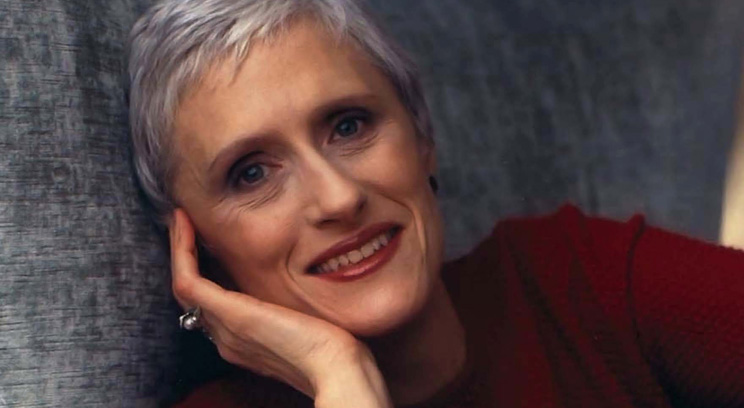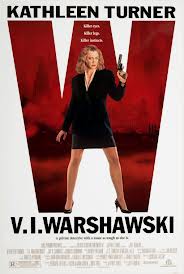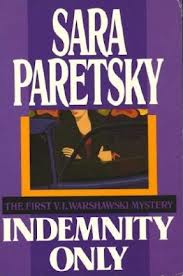New York Times best-selling novelist and social activist Sara Paretzky will speak at 7:30 p.m. Tuesday, March 5, in the O’Shaugnessy Educational Center auditorium.
Paretsky will speak on “Women, Speech and Silence” as part of the Luann Dummer Lecture Series, which features a distinguished woman speaker each March, Women's History Month.
The lecture is free and open to the public. It is sponsored by the Luann Dummer Center for Women.
A brief reception and book signing will be held in the lobby outside of the auditorium after the lecture. A selection of Paretsky's books will be available for purchase, but guests are welcome to bring their favorite Paretsky book for her to sign.
About Paretsky
Paretsky hit the New York Times bestseller list in 1982 with her first novel, Indemnity Only. The book’s central sleuth, V.I Warshawski – a tough-minded and intelligent Chicago P.I. − became one of publishing’s first hard-boiled female detectives. The character was adapted into a film, 1991’s “V.I Warshawski,” starring Kathleen Turner.
The 15th and latest book in the V.I Warshawski series, Breakdown, was published in 2011. The same year she was named "Grand Master" by Mystery Writers of America, which presents annually the prestigious Edgar Awards. She also has written essays, short story collections and two stand-alone novels: Ghost Country and Bleeding Kansas.
In her novels, Paretsky say she “is driven by her personal deep-rooted concern for social justice, and by the current public climate and events happening throughout the world." As a mystery writer, she breaks down barriers for women crime-writers and their heroines, and she is the founder of Sisters in Crime, the first organization established to support women who write mysteries.
She earned a Ph.D. in history from the University of Chicago.
Paretsky took some time this week to answer a few questions via email for the Newsroom.
How does writing in the mystery genre help you explore issues of social justice?
The mystery is the place where law, justice and society come together naturally. Flannery O'Conner wrote: “Fiction is about everything human, and we are made out of dust: if you scorn getting yourself dusty, you shouldn’t try to write fiction. It’s not a grand enough job for you.” I would say that applies very specifically to crime fiction. If you're too grand to write crime fiction, you're never going to tackle social justice issues well.
You took a five-year break from V.I. Warshawski between 1994 and 1999 to write Ghost Country, a novel that, like your Warshawski novels, provides subtle commentary on social problems. In what ways did writing a non-Warshawski novel open doors for you to explore social justice?
Ghost Country is closer to magic realism than any of my other books. I was trying to imagine a world in which the Sumerian goddess Inanna appeared to "make justice pour down like waters." That sensibility would be impossible with V.I., who is firmly grounded in the world of observation and fact.
How much of yourself is in Warshawski?
V.I. and I have completely different biographies, but her attitude and outlook mirror my own. For me, it would be difficult to create a first person narrator in a long-running series whose outlook was different from mine. V.I. is physically much tougher and braver than I am. Also, she speaks Italian, which I don't.
In your opinion, how has the social landscape changed for women writing in mystery since your first novel, Indemnity Only, was published in 1982?
(As far as female characters), women in jeopardy − women enduring graphically described violations − continue to be a major plot device. The difference now is that these graphic descriptions are included under the disguise of women seeking revenge.
For women writers, it is easier to get published but harder to get mainstream publication. We had a few heady years in the early 1980s when it looked as though we were going to get recognition and legal status in many arenas, not just publishing, but the backlash has been intense and, sadly, effective.









